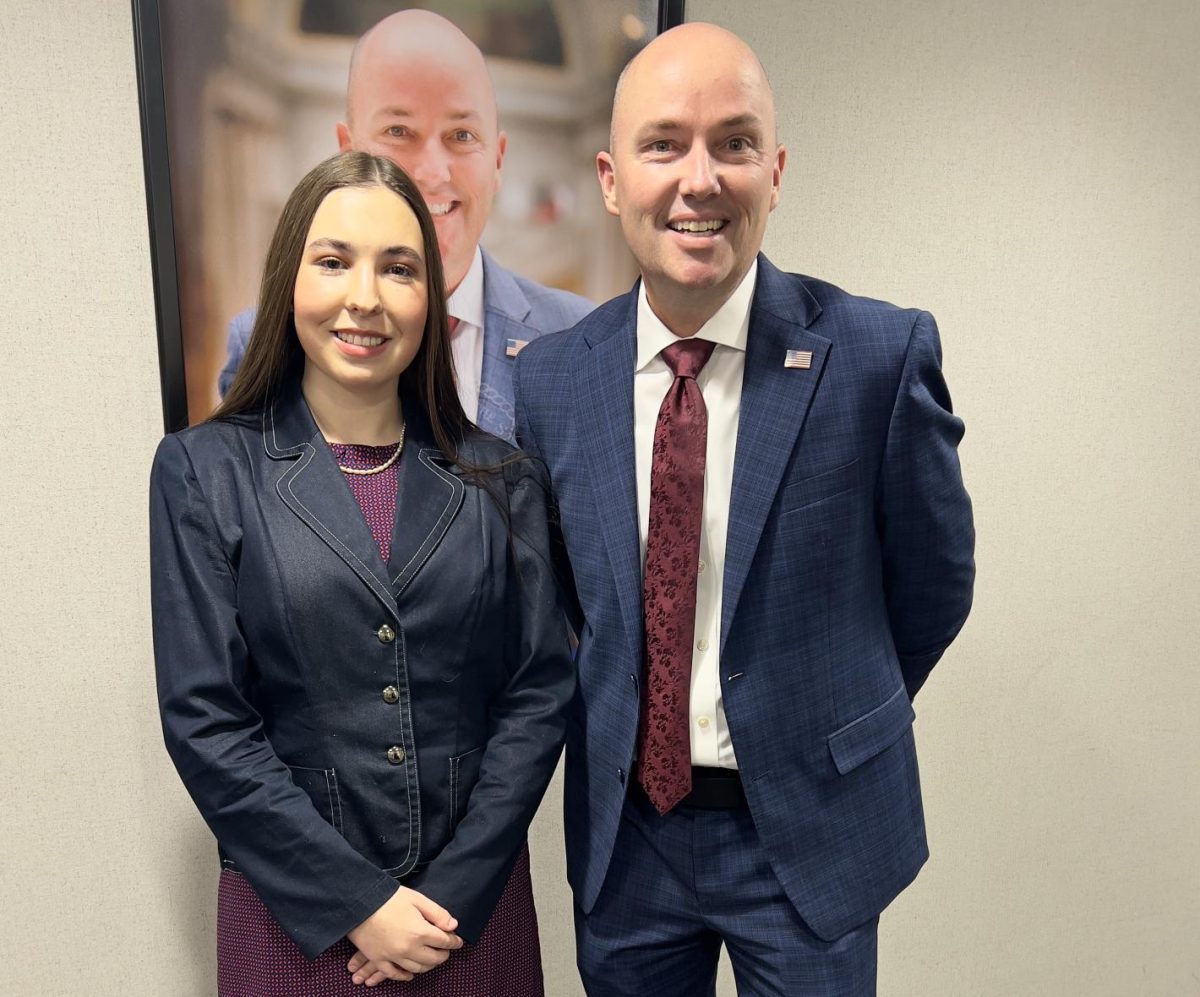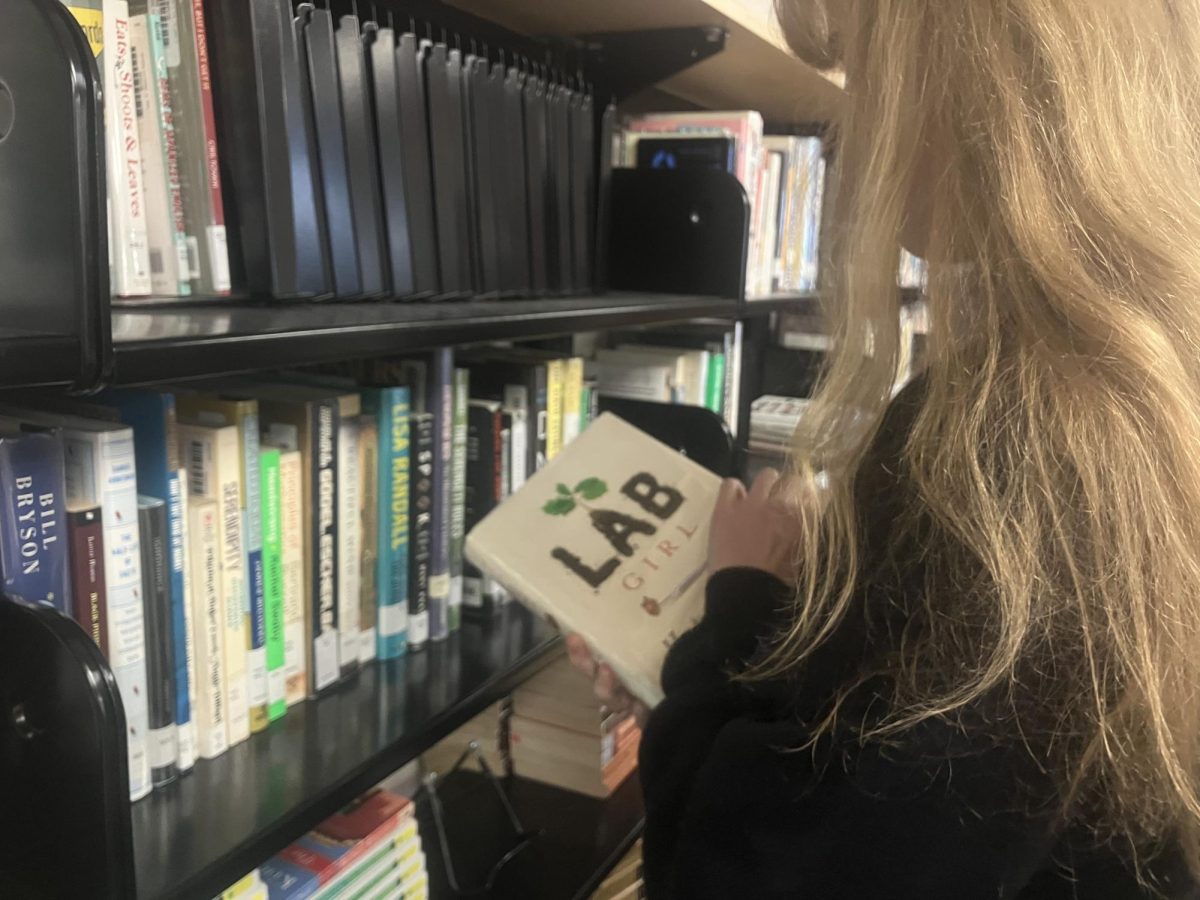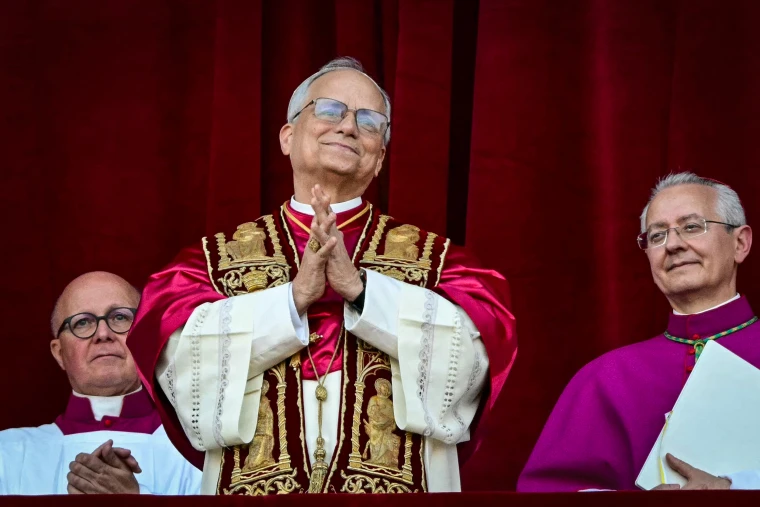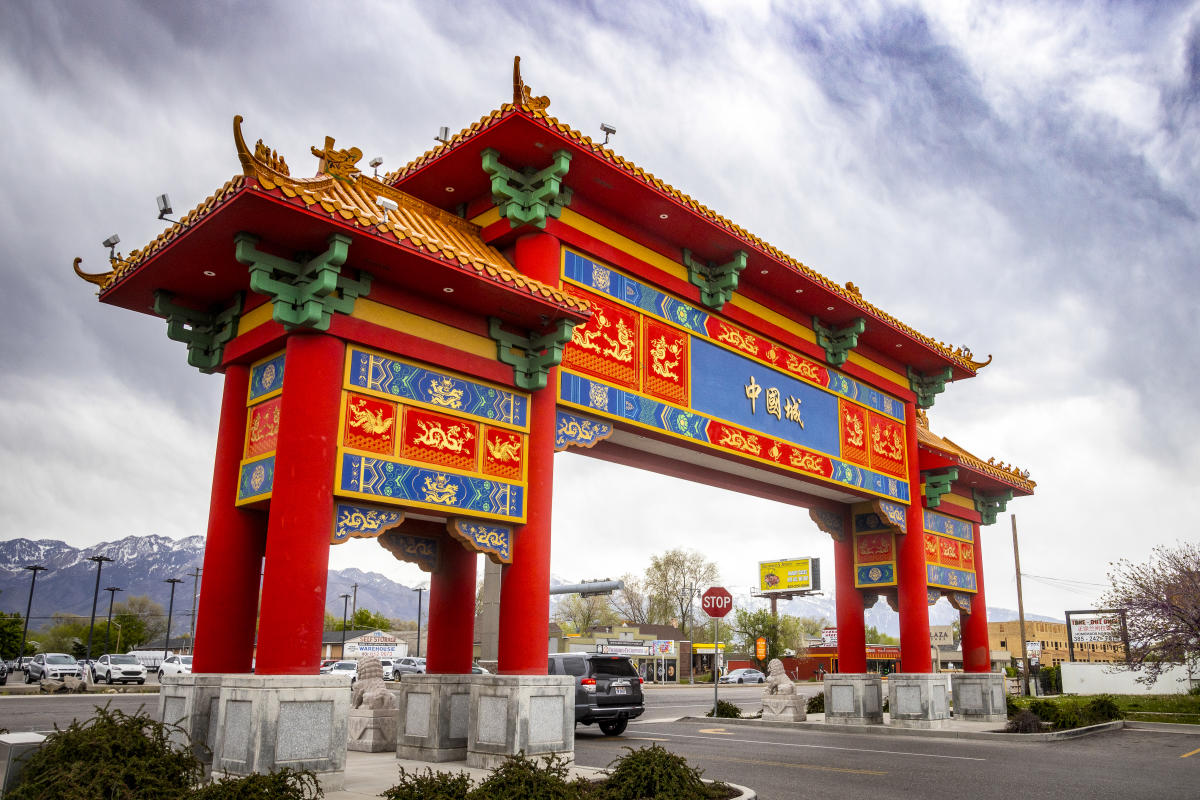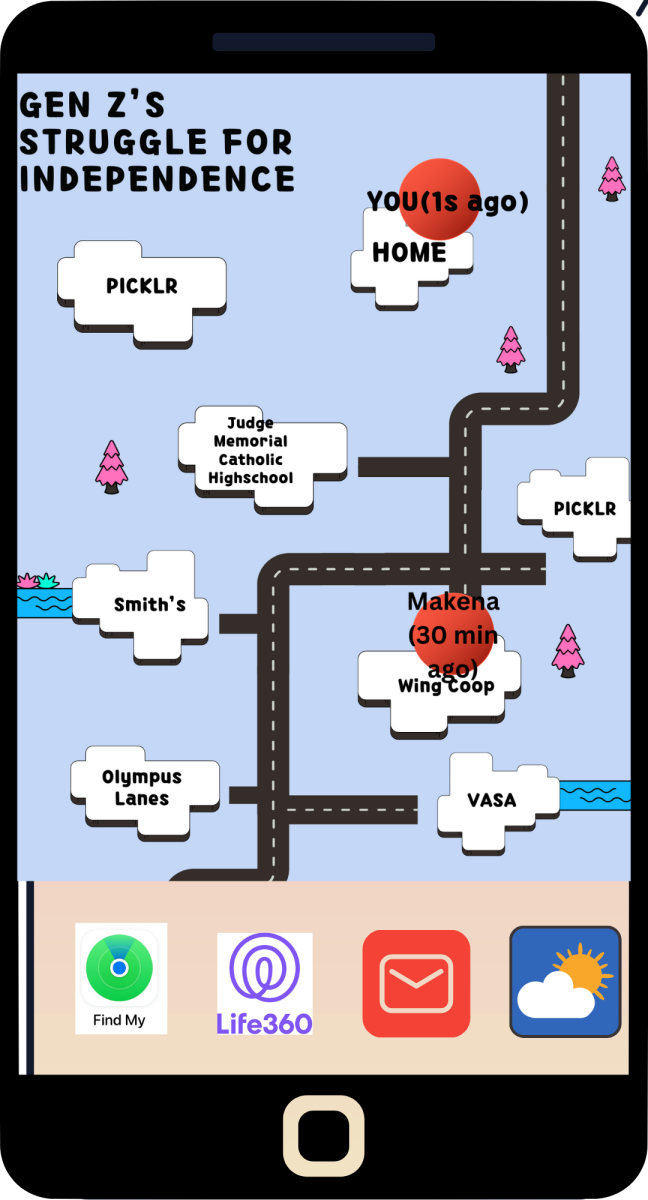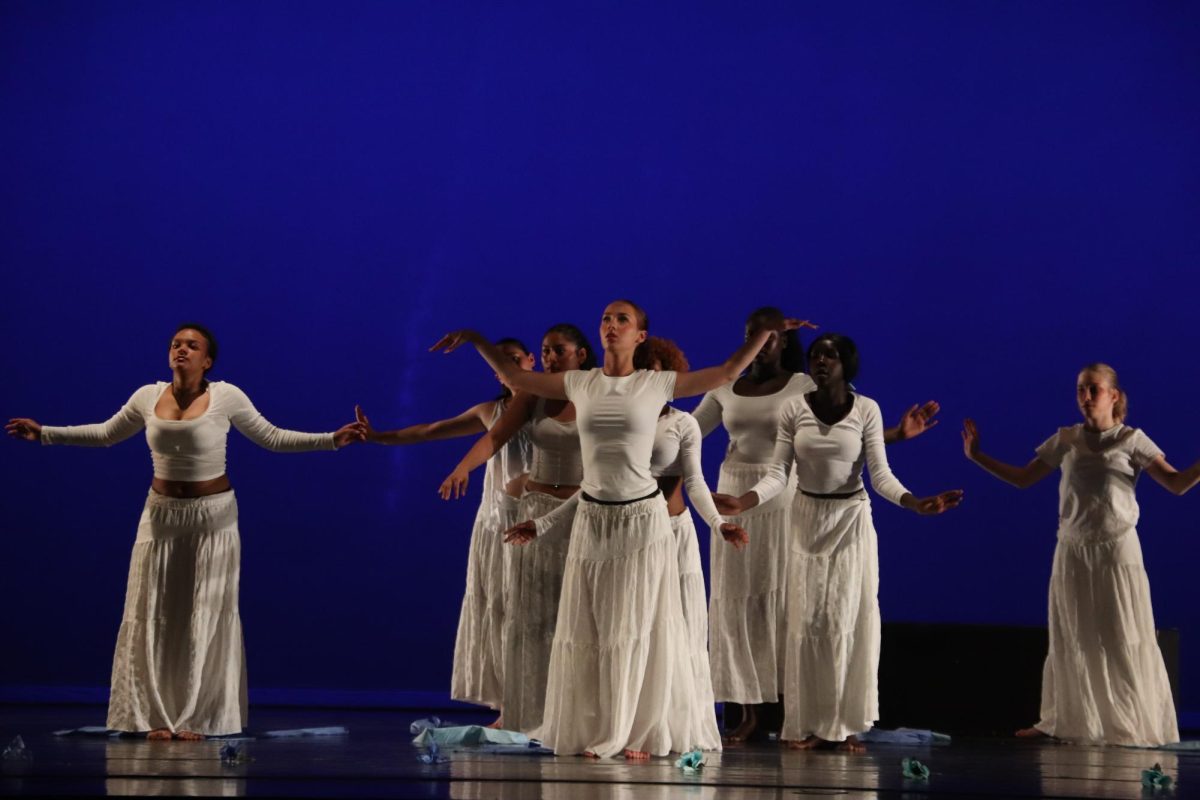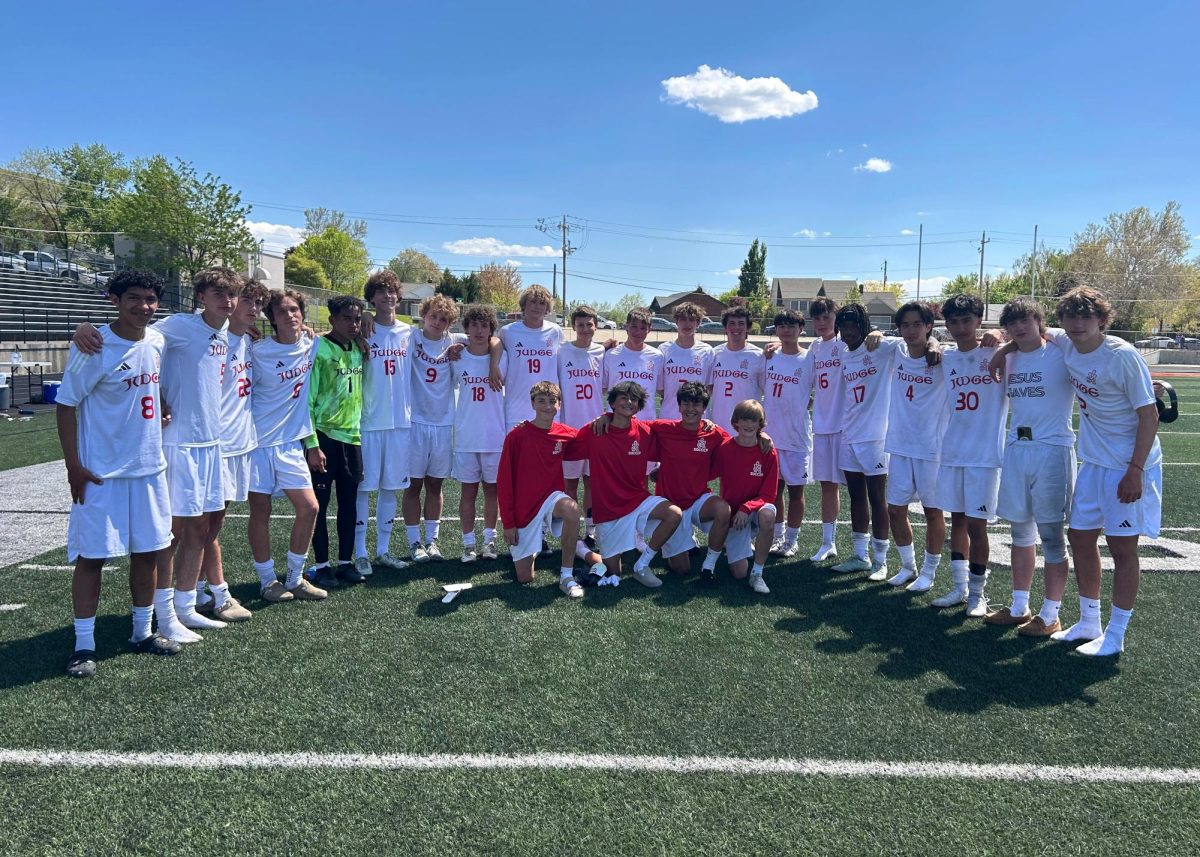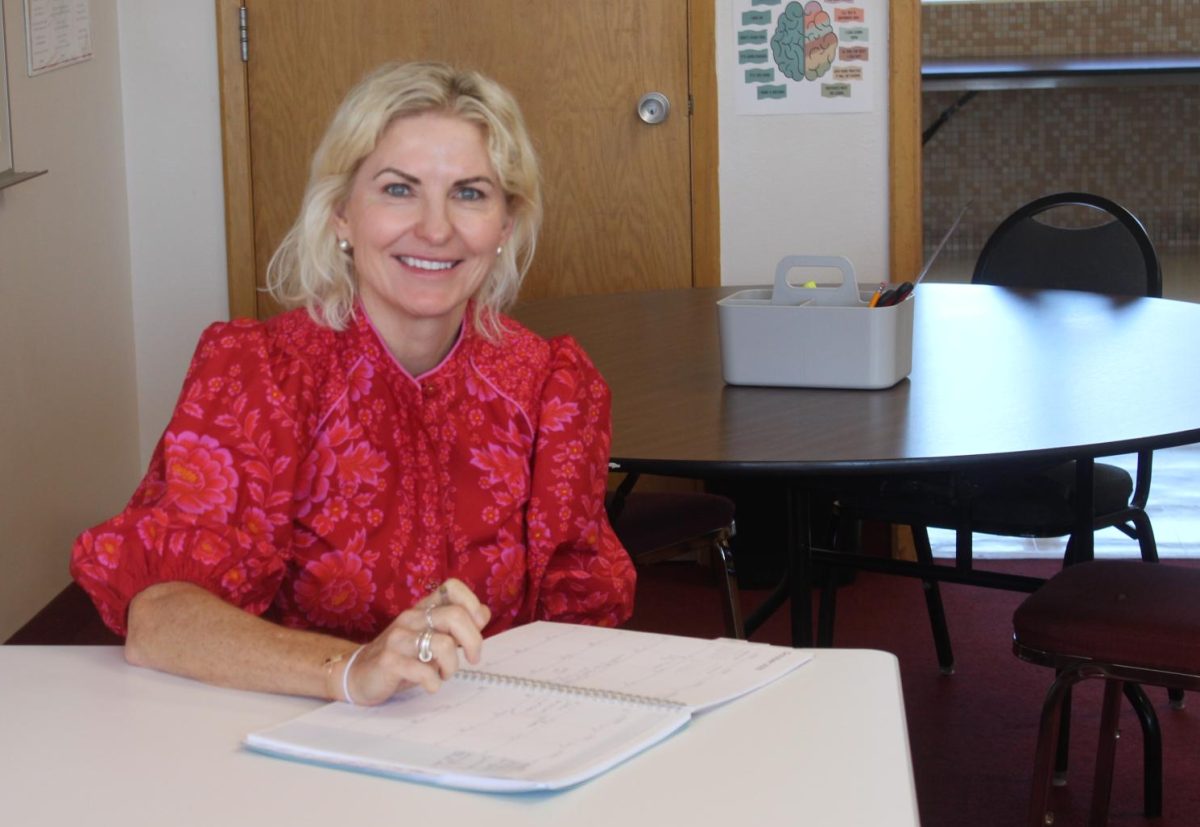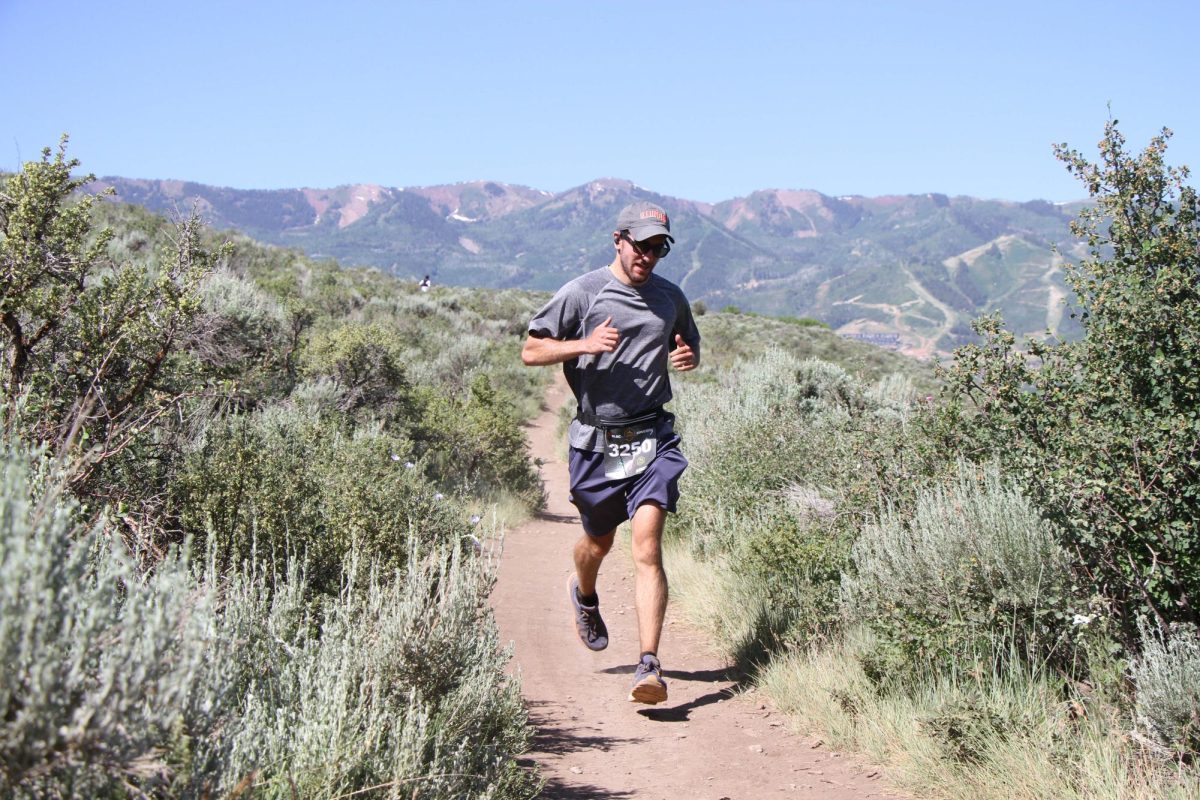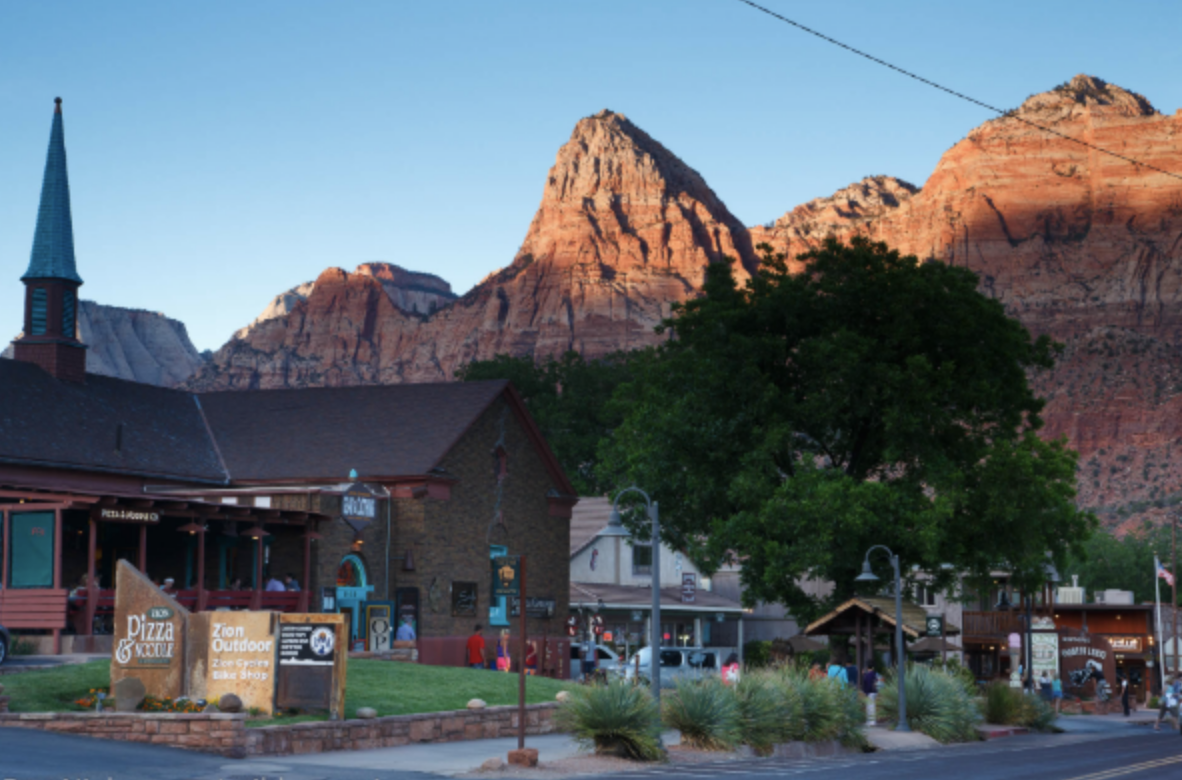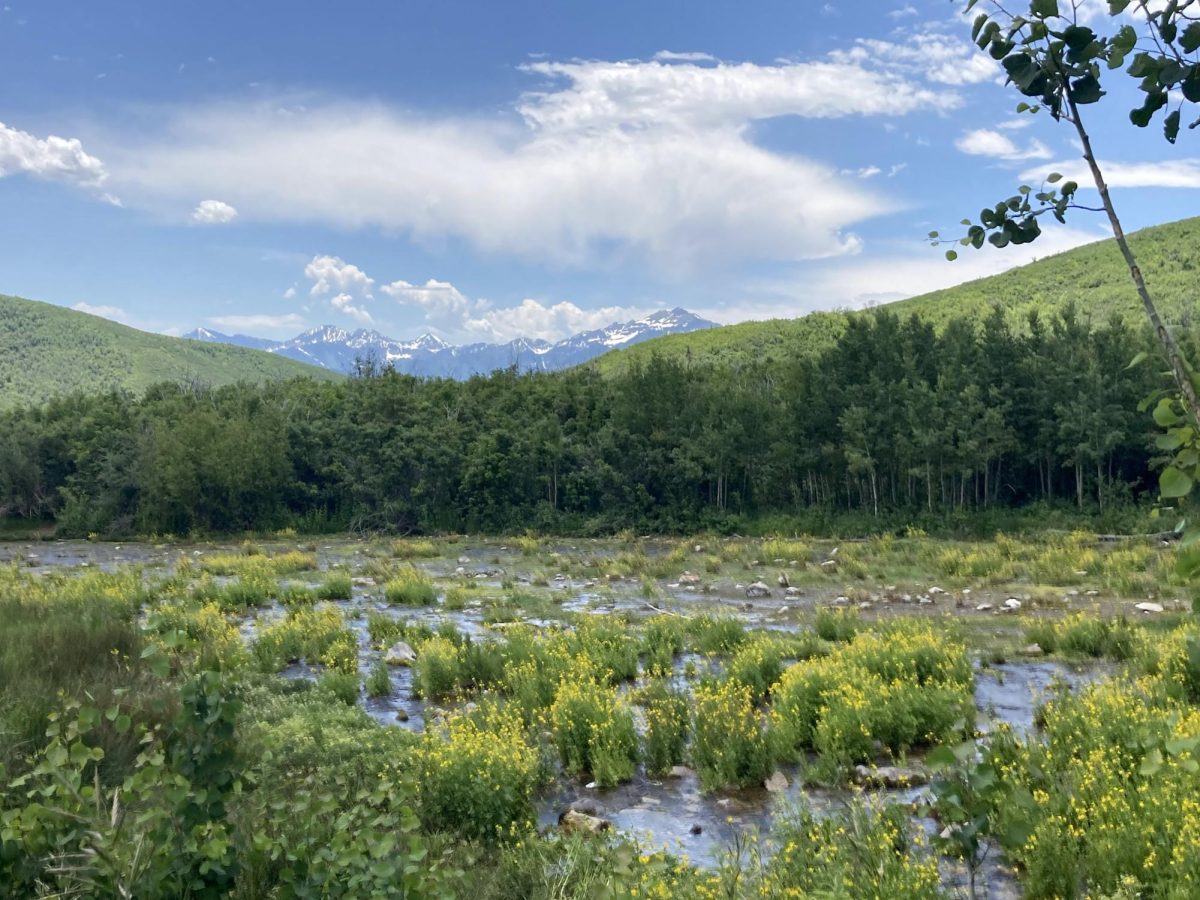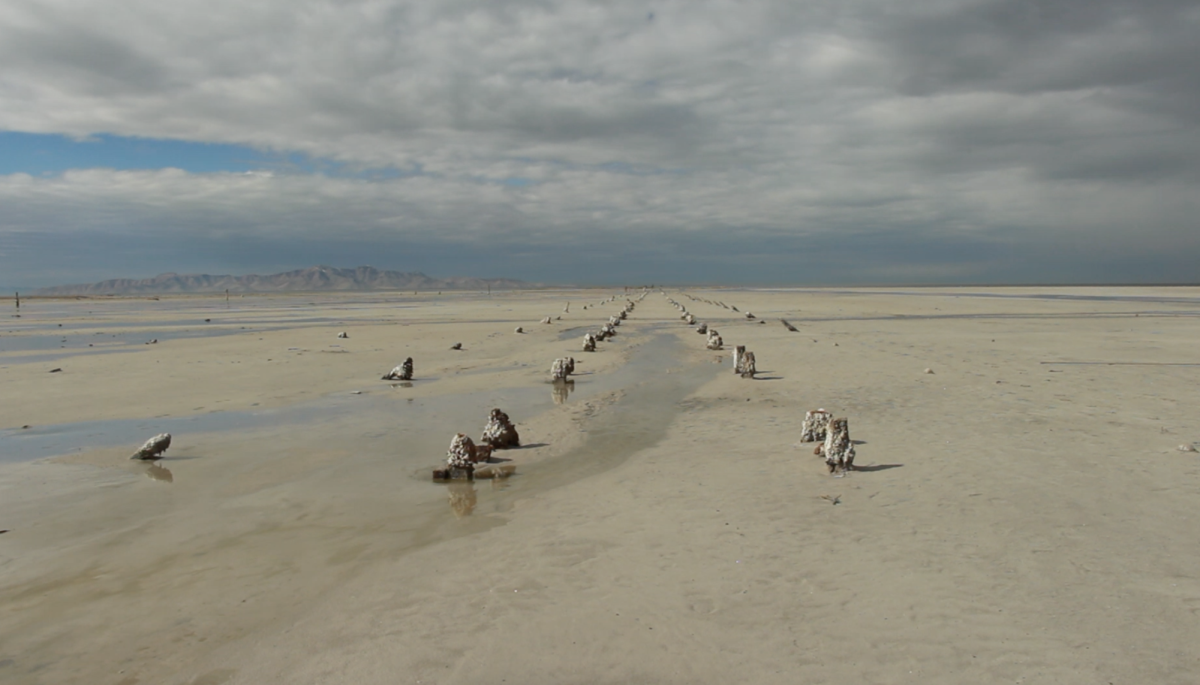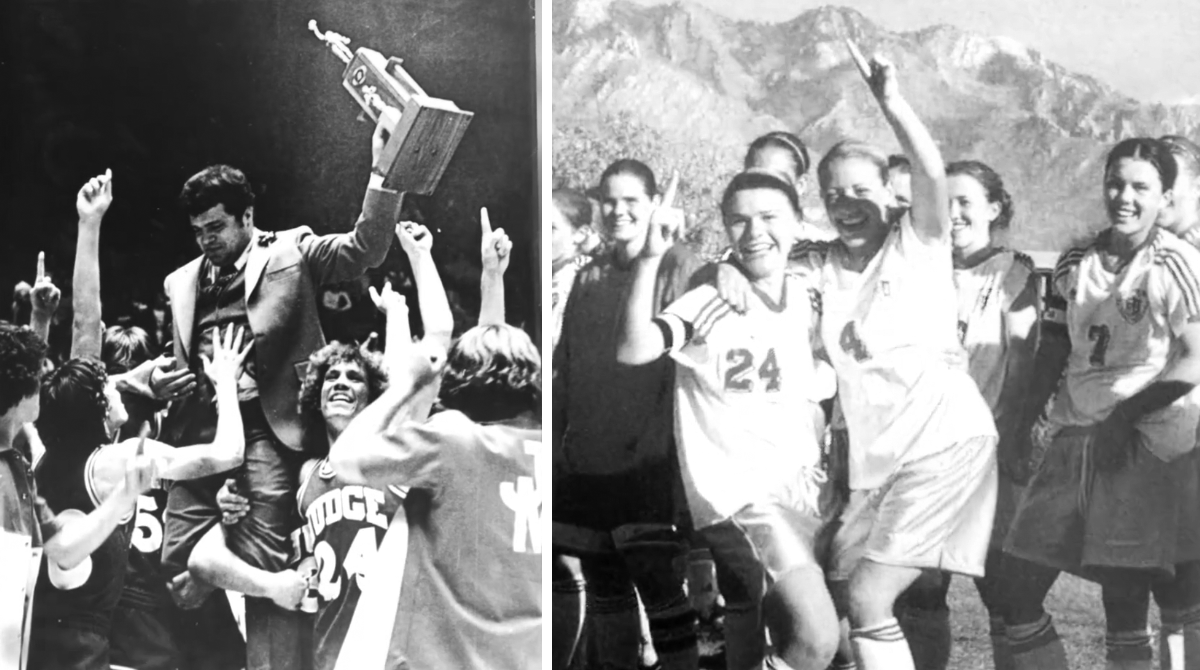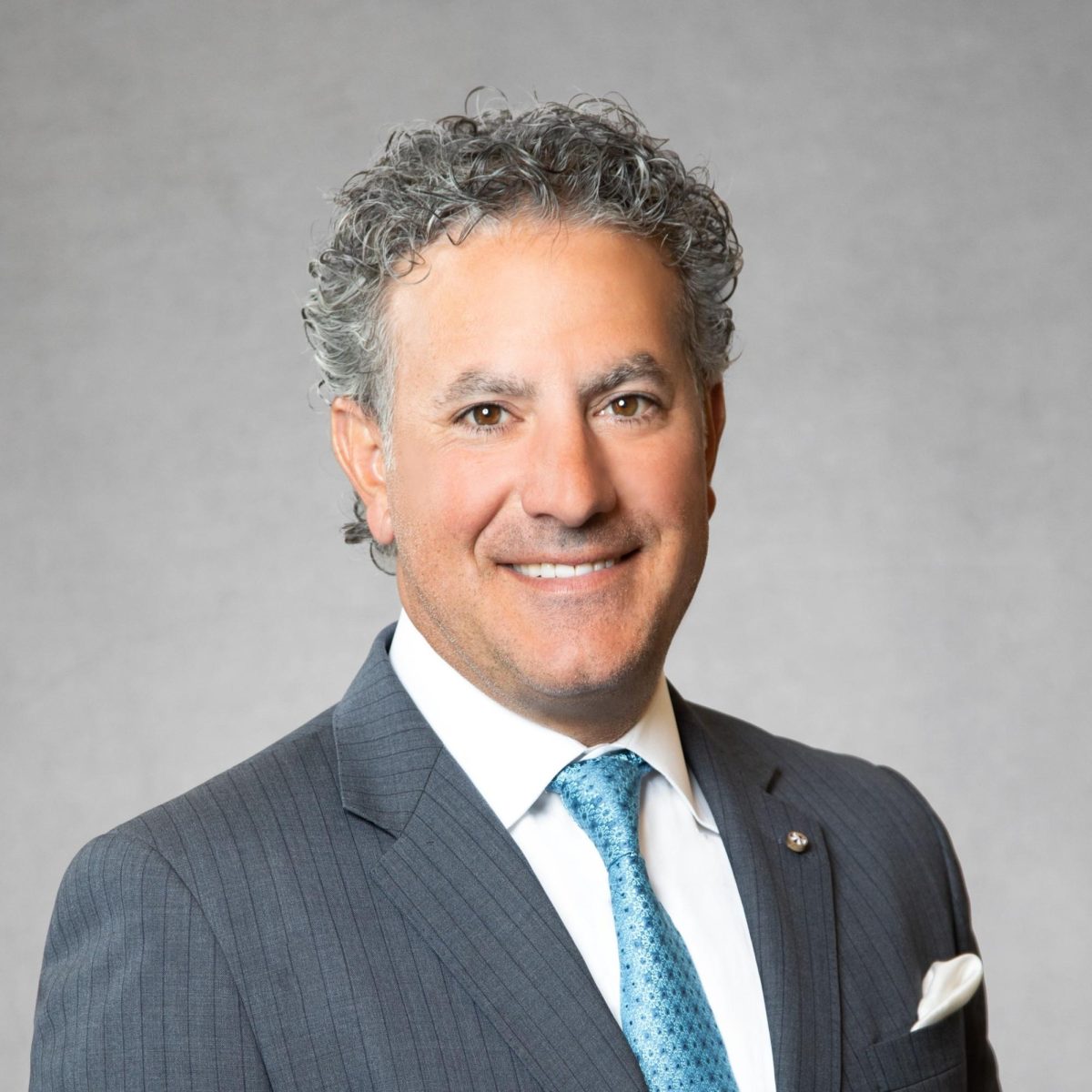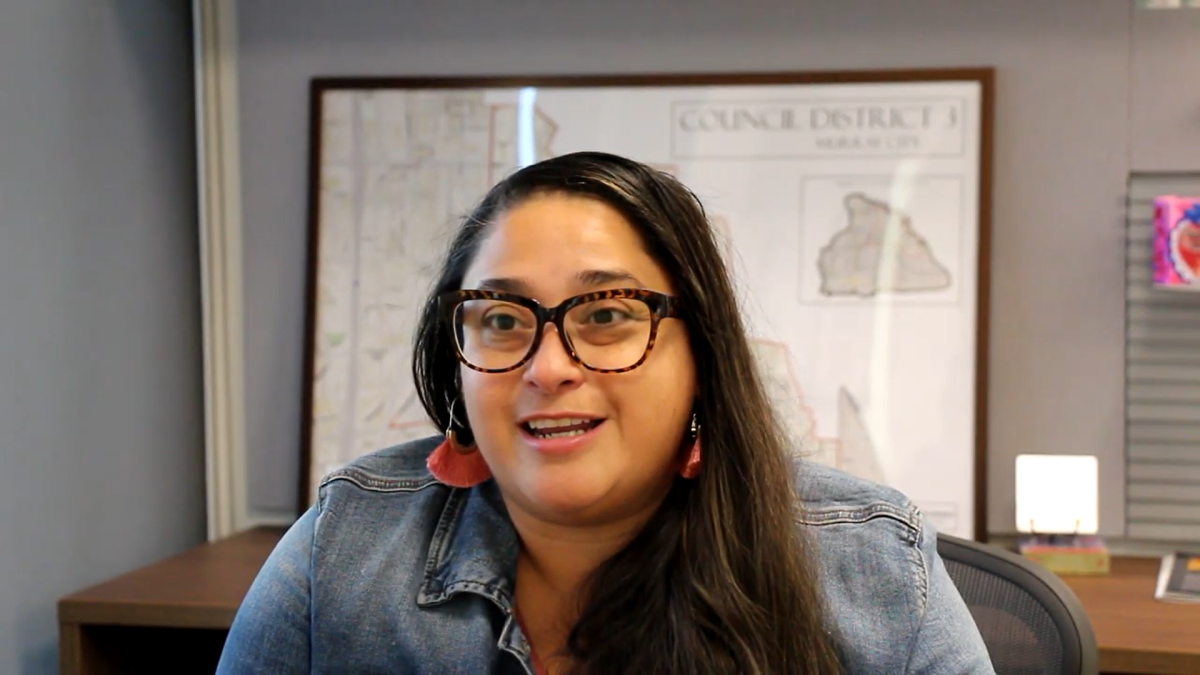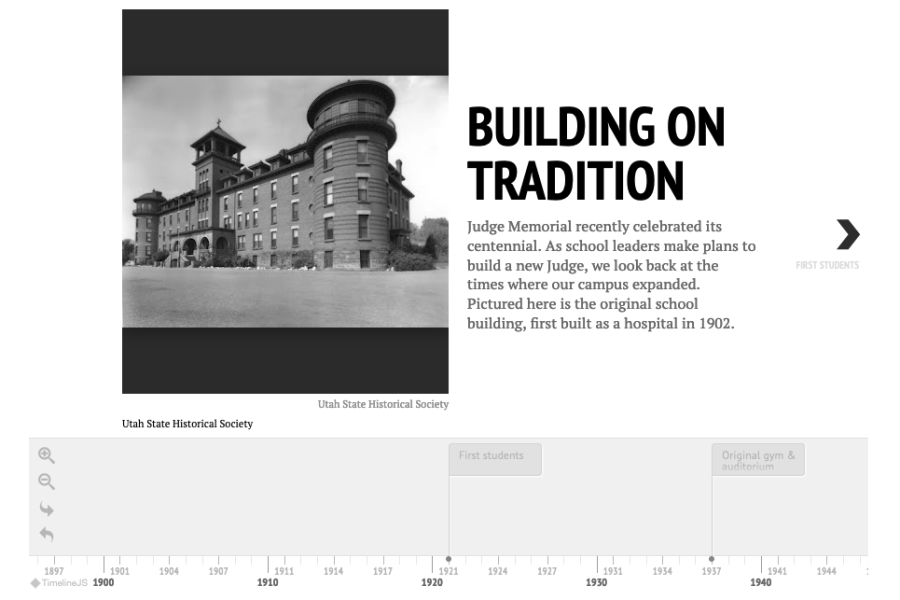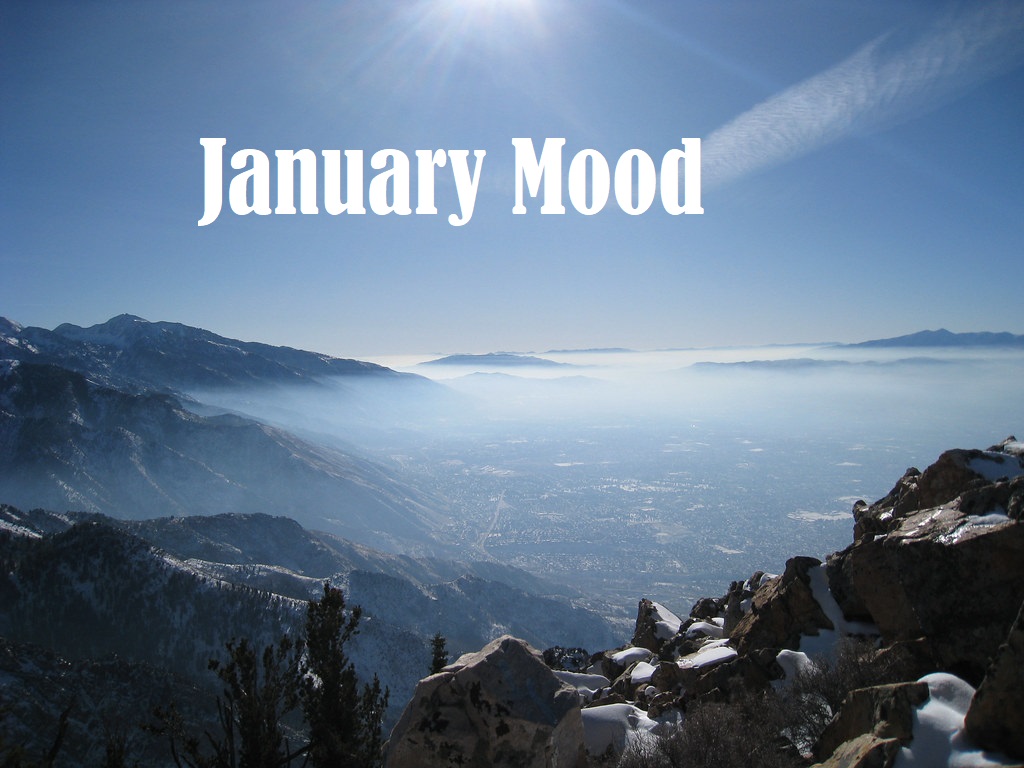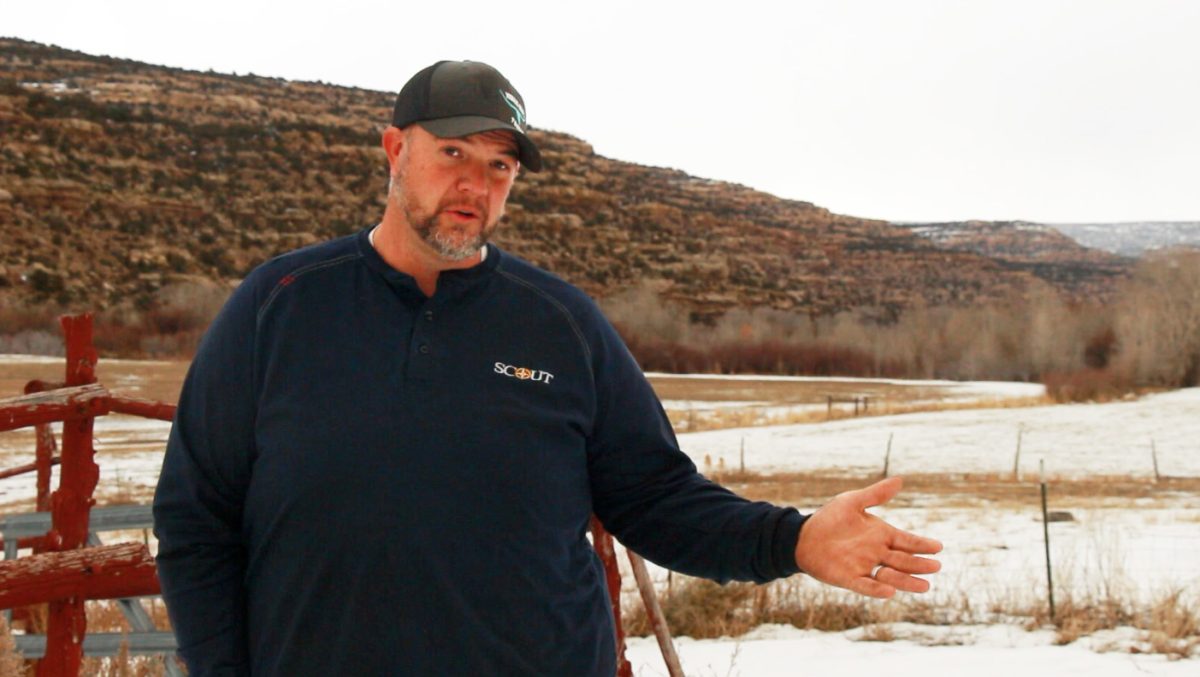The Utah Land legal case is trying to shift control of millions of acres of public lands in Utah from the federal government to the state. Supporters believe the state would manage the lands better because it’s closer to home, but non-supporters worry this change could lead to more urbanization and harm the environment.
“I do think we are better off with the federal government continuing to control public lands in Utah,” said Matt Pacenza, an English teacher at Judge Memorial Catholic High School. “Local officials prioritize industries like oil, gas, and mining, which can damage our environment.”
The case revolves around whether the state or federal government should manage public lands. Proponents of the lawsuit contend that Utah lawmakers, being closer to the community, understand local needs better than federal agencies based far away.
“It always feels more comforting to imagine an elected official who’s 100 miles away making decisions rather than one that’s 2,000 miles away,” Pacenza said. “But our elected officials in Utah are too focused on industries that harm the environment, and that’s a problem.”
Tessa Fowler, an 11th-grade student at Judge, believes the federal government should retain control over the lands.
“It definitely has to be protected, especially because you’re in Utah,” Tessa said. “Public lands are important, but I see both sides of the argument.”
Tessa, who uses the outdoor lands often, is scared of losing access to Utah’s public lands, especially lands managed by the Bureau of Land Management (BLM), if the land is sold to private companies.
“My family goes camping, biking, and hiking on BLM land,” she said. “But if these lands get sold, I won’t have anywhere to bike anymore. The other trails will be more crowded, and I won’t be able to enjoy nature the same way.”
Maia Rigby, a sophomore at Judge Memorial, shares similar concerns about privatization. “If the land becomes private, people won’t be able to use it anymore. And some people could use it for bad things, too,” Maia said.
“People won’t be able to see the nature in Utah, which is really pretty and kind of what we’re known for,” Maia added. “The government could also use this to make everything private, just for what they think is important, not for what the public thinks is important.”
Attempts to reach a supporter of the Utah land transfer for an interview were unsuccessful.
Despite concerns, Pacenza emphasized that the legal case will raise important constitutional questions about state versus federal authority.
“If we hand these lands over to the state, we risk losing what makes them so special,…Utah is known for its natural beauty, and we need to protect that for future generations.”



